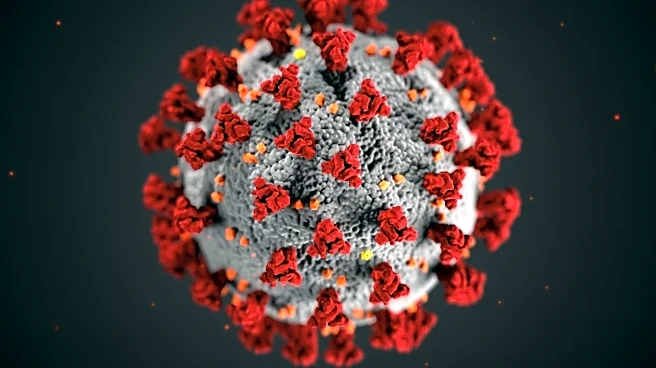What is the story about?
What's Happening?
In North Carolina and other states, low-income families are facing challenges in accessing COVID-19 vaccines for children due to delays in the Vaccines for Children (VFC) program. The Centers for Disease Control and Prevention (CDC) recently recommended COVID-19 vaccines for the VFC program, but disruptions in the process have delayed vaccine availability. The delay was exacerbated by changes in the CDC's Advisory Committee on Immunization Practices, which postponed the vote on vaccine recommendations. As a result, states were only recently able to order vaccines for children, leaving many without access to the updated shots.
Why It's Important?
The delay in vaccine availability for low-income children highlights disparities in healthcare access, particularly for those reliant on programs like VFC. This situation underscores the importance of timely public health decisions and the impact of administrative changes on vaccine distribution. The delay has left many children vulnerable to COVID-19, especially those with underlying health conditions. It also raises concerns about equitable access to healthcare resources, as privately insured children had earlier access to vaccines compared to those on Medicaid or uninsured.
What's Next?
States are now working to expedite the distribution of COVID-19 vaccines through the VFC program. Health departments are notifying providers that they can place orders, with vaccines expected to arrive within weeks. Efforts are underway to ensure that low-income families can access vaccines without financial barriers. The situation calls for improved coordination and communication between federal and state agencies to prevent future delays in vaccine distribution.















